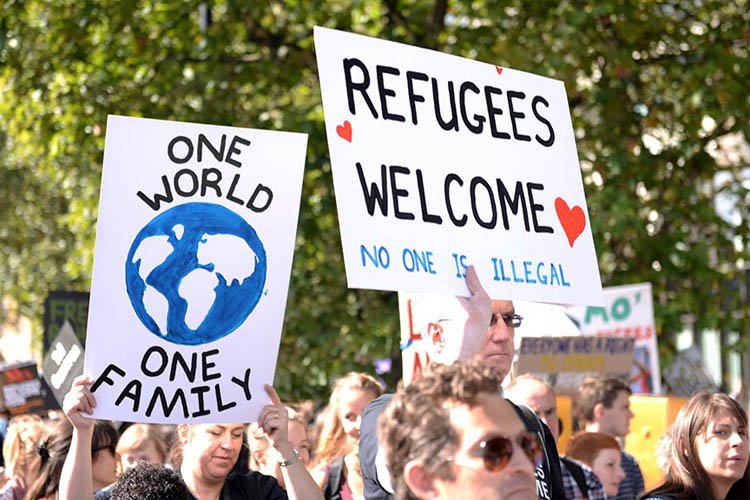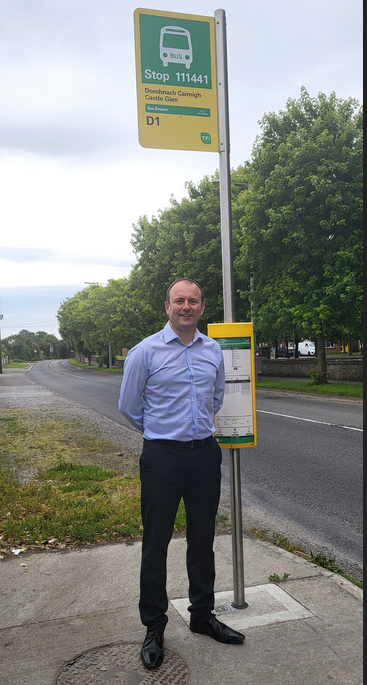Doras, the independent NGO that protects the rights of migrants in Ireland, has welcomed the High Court ruling that the government’s failure to provide applicants for international protection with “material reception conditions” is unlawful.
The ruling follows the case of an Afghan asylum-seeker who was left homeless and had to resort to begging to survive.
Mr Justice Charles Meenan ruled that the minister is in breach of the state’s obligations under the European Union (Reception Conditions) Regulations of 2018 and the Charter of Fundamental Rights of the European Union – “what was provided fell far short of what is required concerning shelter, food, and basic hygiene” he said.
Doras CEO John Lannon said the state’s failure to abide by international obligations is “alarming, immoral and upsetting” and called on the government to respect the rights of those seeking international protection and to avoid “a nightmare scenario” that could see thousands more people end up on the street.
“It is completely unacceptable for the State to leave international protection applicants on the streets, with no support” Mr. Lannon said.
“They are vulnerable and at risk, with no local knowledge of where to go to be safe, and unable to access emergency homeless services.
“We appreciate that it is difficult for the government to source accommodation for international protection applicants, particularly men, but it has legal obligations to meet basic needs under the Reception Conditions Directive. This is not happening and it needs to change”.
“We in Doras, like many other organisations, have been doing our best to support protection applicants who are street homeless. Many are frightened, with little or no English. When they make their application for asylum they are often not provided with information that would help them access basic supports.
“Many don’t even know where to collect their meagre daily expense allowance. Leaving vulnerable women and men to fend for themselves on the streets, without supports, is cruel, immoral, and unacceptable. Some have medical needs that are not being met and they don’t know how to access urgent care or treatment. Regardless of what challenges we as a nation have, we mustn’t lose our sense of shared humanity with fellow human beings but that appears to be what’s happening”.
“In addition to people being left homeless, we also see a worrying deterioration in standards in emergency accommodation. We’ve seen the introduction and normalisation of tents as a form of accommodation even though Minister O’Gorman assured us this practice would end.
“People have lived through a harsh winter in crowded, freezing and damp conditions with no privacy. Imagine what that is like. There’s a fundamental erosion of decency, and human dignity, not to mention the physical and mental health risks this presents.
“Now things are deteriorating even further with an estimated 500 International Protection applicants being forced to live on the streets of our country. The ongoing deterioration in standards is also affecting Beneficiaries of Temporary Protection from Ukraine who are living in congregated settings around the country”.
“The government committed to ending Direct Provision by next year but it’s clear that’s not going to happen. Instead, the problems with the State’s attempts to meet the reception and accommodation needs of people seeking protection in Ireland are mounting.
“The persistent over-reliance on the hospitality sector is unsustainable. The ongoing delays with modular builds, the use of tents, and the dire levels of street homelessness all paint a grim picture.
“The government must accept that its approach is not working and agree that a fundamental rethink is required, one that assigns a senior official to lead an effective cross-government approach. This must include empowering local authorities with resources and the decision-making power to identify and progress all viable accommodation options.”





